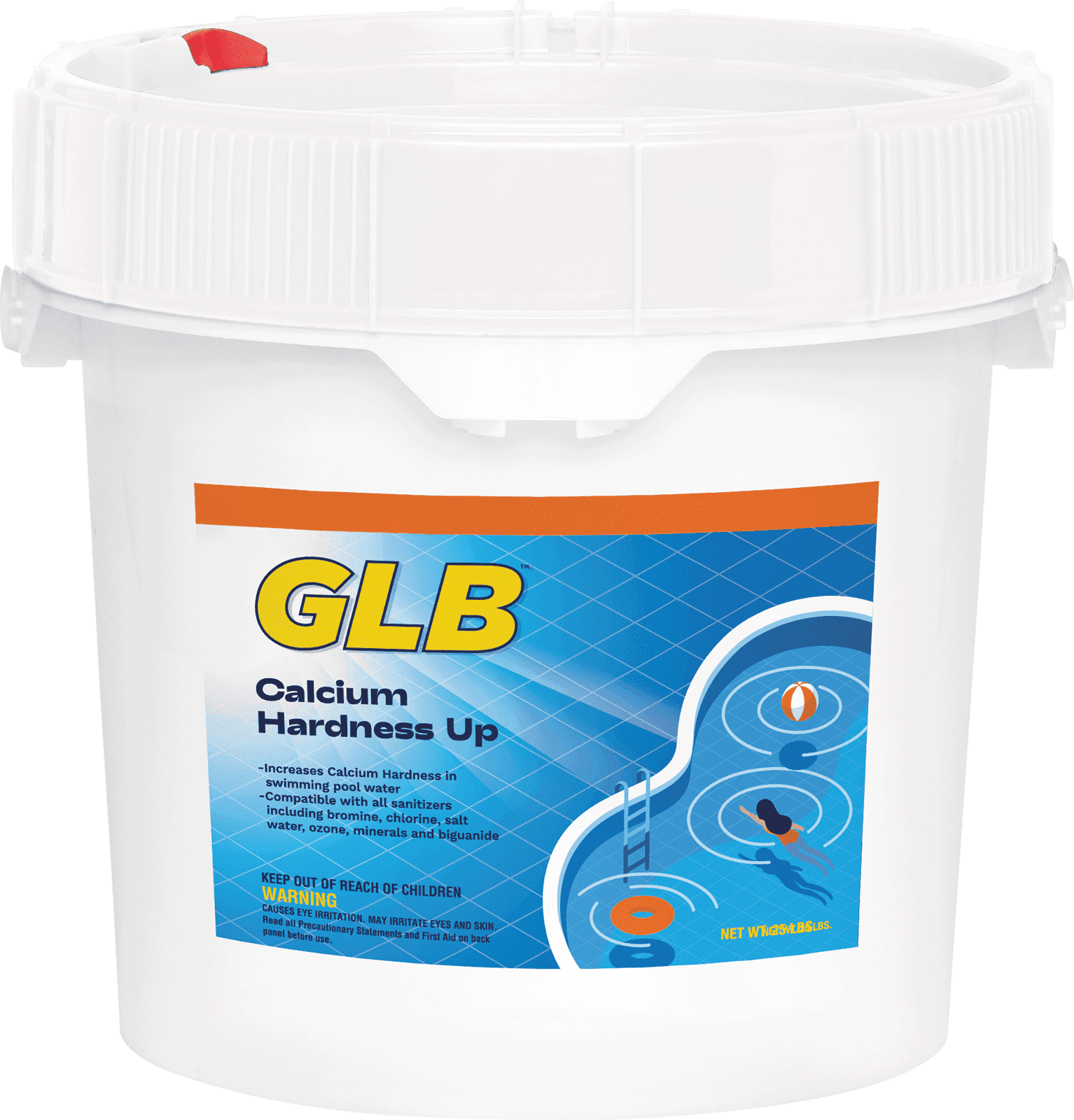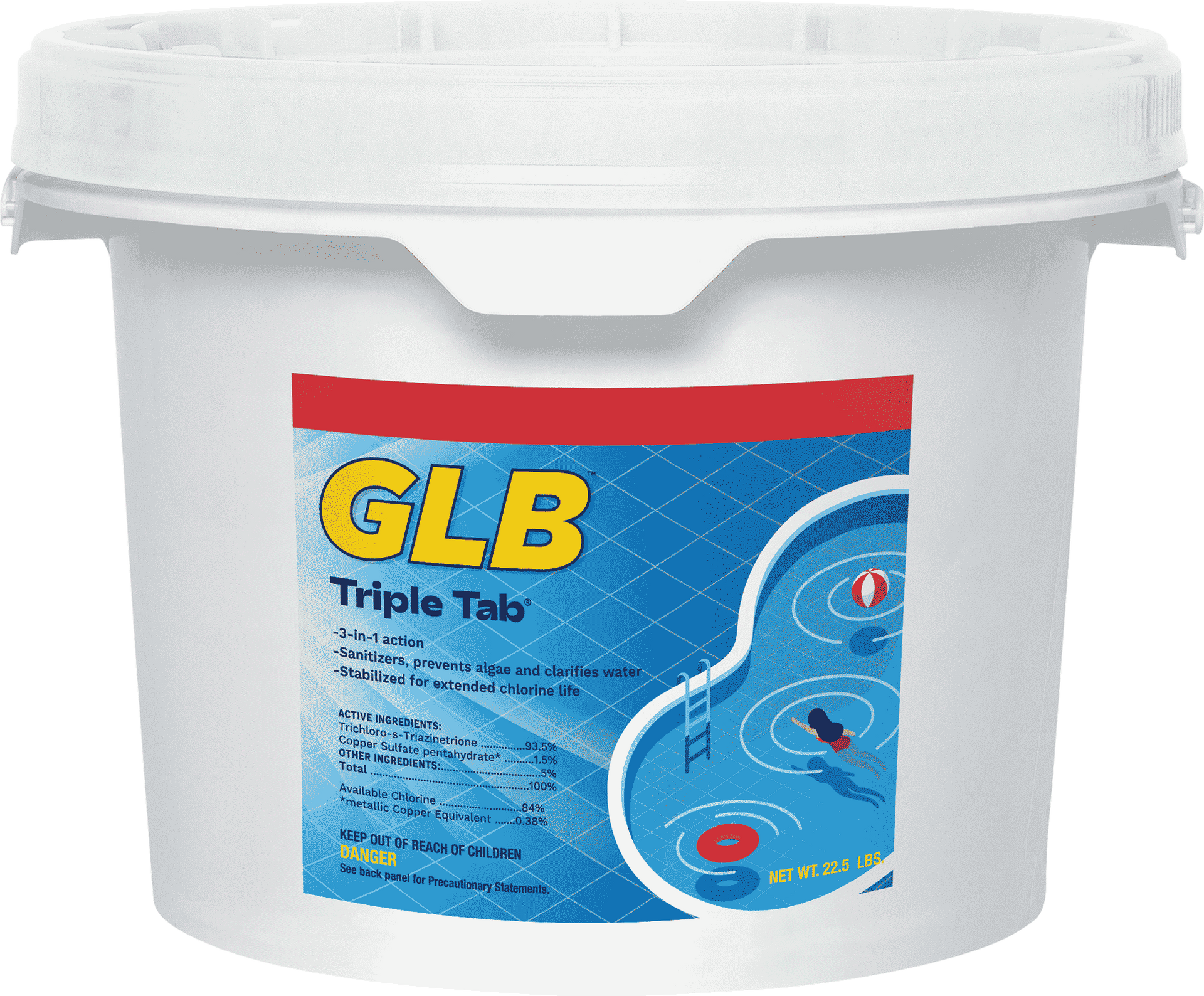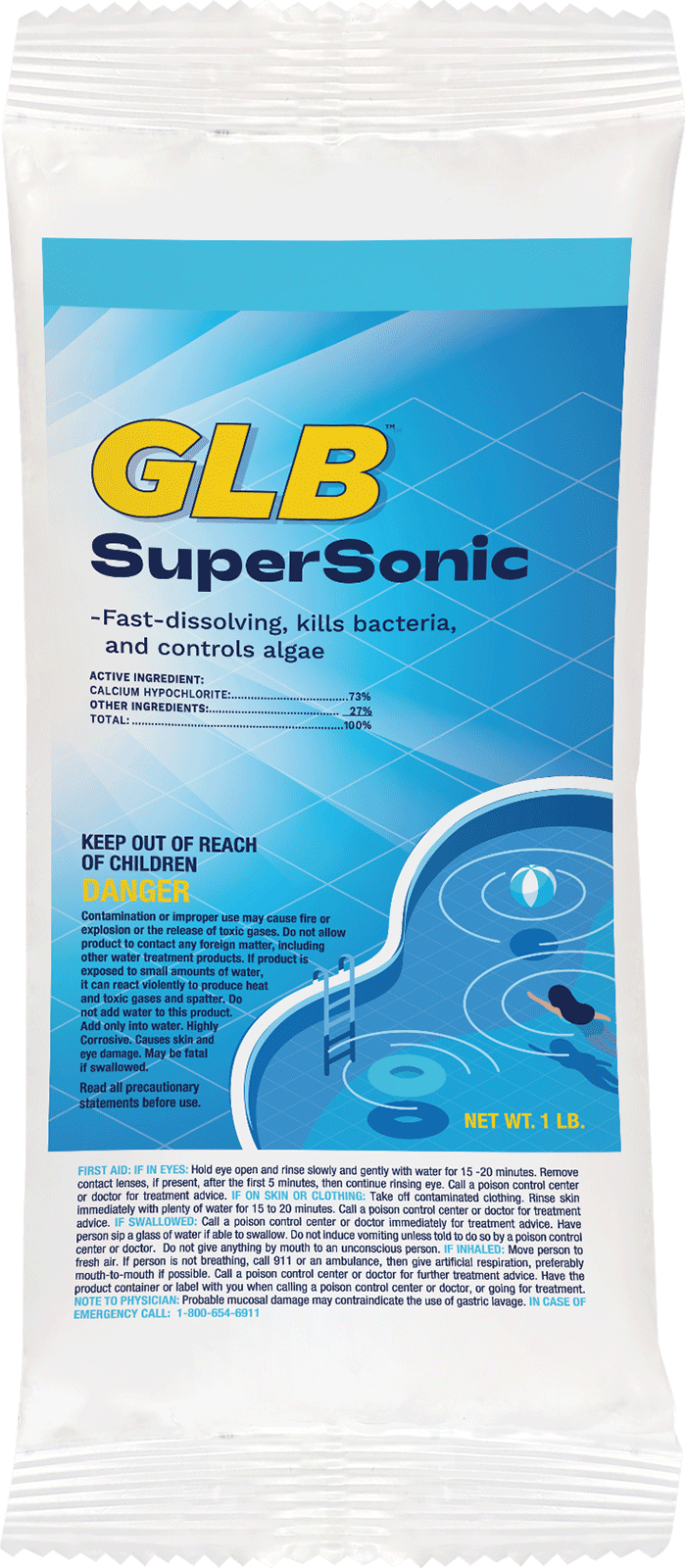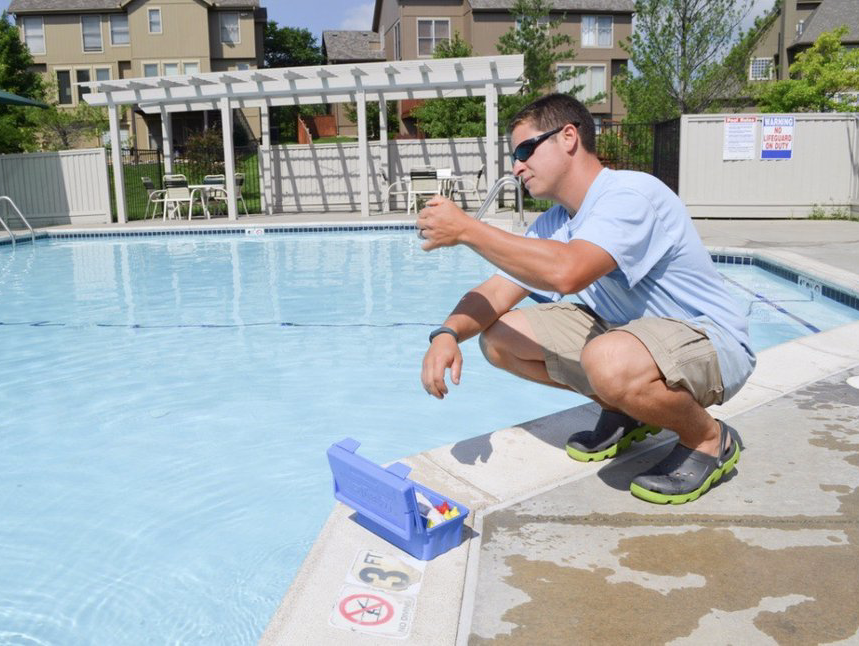Helpful Guides for Your Swimming Pool
Icon Pools LLC's Casey Wilson takes you step-by-step through the most important "basics" in swimming pool care.
Take the hard work out of owning a pool and leave it to the experts! We provide pool service packages where we care for your pool as if it were our own. We will schedule regular cleanings and make sure your pool is sparkling and chemicals balanced.
Having a private pool is hard to beat! For new pool owners, however, keeping track of the chemicals needed to make a pool inviting may feel overwhelming. With the help of this of Icon Pools LLC, it will be easier for new owners to understand the basics of their pool.
Debris in a pool such as leaves, insects, pet hair, and animal waste make it dirty, cloudy and uninviting. It can also clog up filters and drains. Debris can throw off the balance of chemicals and provide food for algae, making it grow. Properly vacuuming your pool is an important part of pool care.
Why do we need to backwash? -Similar to a vacuum cleaner, air conditioner filter, your pool filter collects dirt! Whenever the filter fills up with the dirt/debris it reduces the flow of water to your pool. Low flow = poor circulation which will lead to algae in the pool. Bottom line, the filter must be backwashed on a regular basis to ensure that your pool water is clear.
Algae is slick and unsightly, and often discolors the water If you have a pool, you may notice algae. Algae is a living organism that appears quickly, and that can clog your filters, cloud your water, and ruin your swim. This slippery plant is generally caused by the sun, so if your pool is in a sunny location, battling algae may seem like a full-time job. Certainly, hiring a pool professional in the area to regularly clean and maintain chemistry is a prudent and practical option that makes sense. Pool owners should also realize that there are several different types of algae that they may see in or near their pools. Depending on the type, removing algae requires some effort and attention.
Calcium can quickly build up on salt water cells and affect their performance. The best way to get the most out of your salt water cell is to clean it regularly. To keep your salt water cell running at its optimum, you should clean it every 3 – 4 weeks. During peak pool season, you should check your cell weekly to keep on top of calcium build-up.
Pool Chemicals And Their Purposes:
There are many pool chemicals that homeowners should use regularly:
- Chlorine and stabilizers like cyanuric acid, which stop UV radiation from destroying chlorine.
- Calcium hypochlorite or other shock treatments, which remove chlorine-ammonia products and ensure sanitation.
- Sodium bisulfate or sodium bicarbonate, which respectively decrease and increase alkalinity and pH levels.
- Clarifiers, which prevent water from looking cloudy.
Pool owners may also need to use products like water hardeners and algaecides to keep their pool clean and well maintained. Achieving the correct chemical balance is challenging, but it is crucial to proper pool maintenance.



